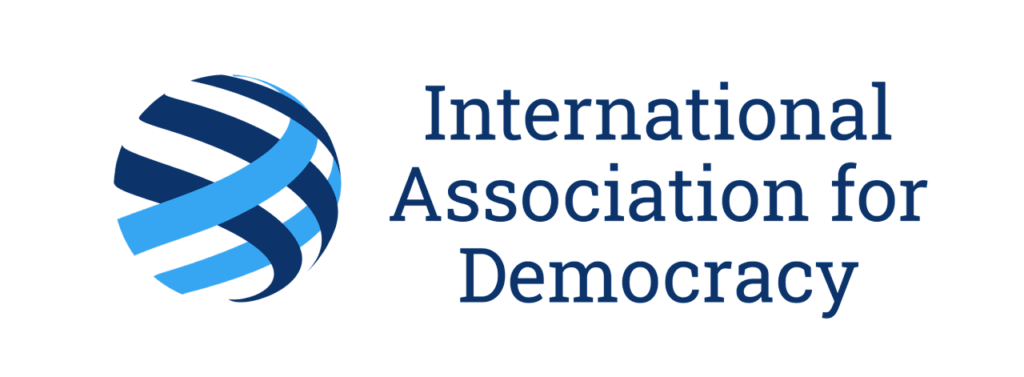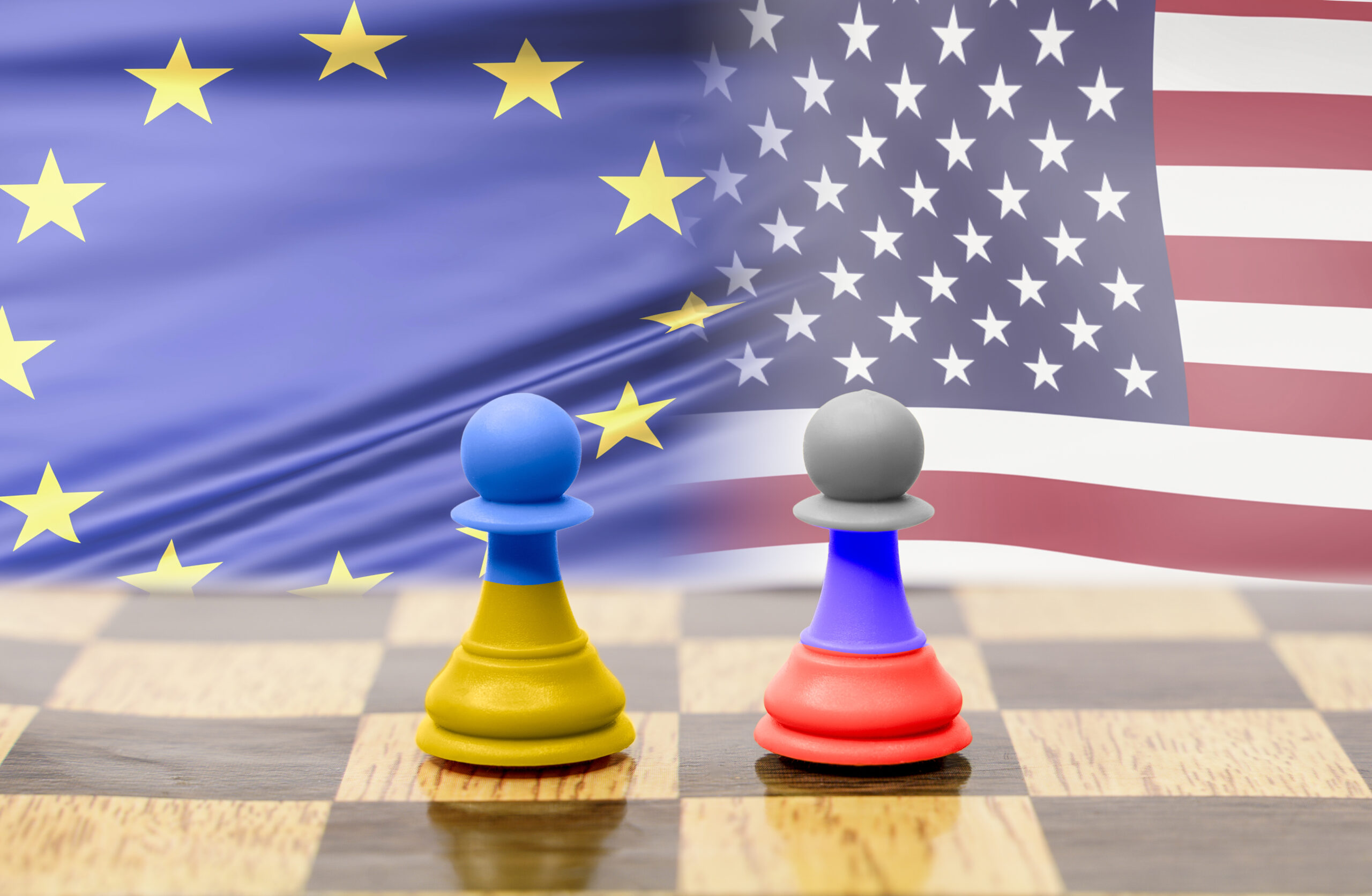The recent shifts and statements from newly reelected president Donald Trump have provoked a shockwave within Europe. Despite the recent announcements of the resumption of military support to Ukraine, European countries are now assuming that US allyship and military support are not to be taken for granted, spurring the political will to reinforce European defense, notably through an ambitious 800 billion dollar defense plan for the EU. Russian military pressure and interference has been threatening the stability and peace of all European countries, making a coherent and relevant strategic response a necessity to guarantee the upholding of peace and democratic institutions, but this isn’t the first time that Europe tried to become a unified political and strategic power. All previous attempts have largely failed, however, not because of lack of funding, but due to an overreliance on the United States and, more crucially, political fragmentation.
Even if the US have shifted their strategy in a quite severe manner (before turning back on some points), it would be hypocritical to say it was completely unexpected: the geopolitical shift from Europe towards the China sea was well underway before the Ukraine war broke out, which slowed down but ultimately didn’t alter US priorities, which perceives China as its main adversary by a large margin. This shift, which occurred more than a decade ago, did not provoke a reaction from European nations to adapt in order to protect their citizens from belligerent countries, in the realm of defense and otherwise, despite failed attempts in the past.
The idea of a solidified common strategy is actually almost as old as the European Union. The European Defense Community treaty was signed in 1952 by France, West Germany, Italy and the Benelux. It aimed to establish an European army with supranational supervision, mainly as a way to defend the borders against soviet troops. The project failed, rejected by the French parliament. France, always very cautious when it comes to sovereignty and the only major military power within the community, didn’t see this supranational project favorably. Ratifying the treaty would also have cancelled the french nuclear program, an unacceptable concession for the government. And that new project was already redundant: the then newly formed NATO was already set to be the one major alliance of the West. This
failure already embodied what would prevent any future one from coming to fruition: Countries with different priorities, lack of coordination and a huge ally that makes any serious move unnecessary.
This political crispation would not disappear even in a time of crisis. The civil war surrounding the collapse of Yugoslavia was a shock for Europeans, in a not so different way than what we saw in Ukraine. War was back in Europe, mere hours from France and Germany. Serious war crimes and ethnic cleansing called for swift and decisive action, but once again, the Union failed to make a difference. France took a proactive stance in the negotiations, in its name and in the names of other EU members, which was not to their liking. The initial common understanding of preservation of Youglavia’s integrity quickly came to an end as Germany recognized unilaterally the country of Croatia. Plagued by those disagreements and by a serious lack of military power, European powers watched as the situation escalated until NATO, under the leadership of the US, finally took military action that led to negotiations and ultimately, peace. This complete numbness pushed some to some introspection. Plans were made in the following years, European defense was once again on the table, until it was abandoned. Peace came back, and all was forgotten.
Attitudes towards the threat posed by Russia since 2014 fall under the same issues. The belligerent foreign policy of the Eastern power was largely ignored in the name of good relations and dependency on Russian hydrocarbures. When the Crimea Crisis created some rumble close enough to EU borders, members offered weak condemnations and sanctions before coming back to almost normal relations. However, when Russia launched its large-scale war on Ukraine, reactions were stronger. Europe moved its strongest muscle, its economy, in order to pressure Russia, and decided to take action in the realm of strategy. The strategic compass embodied those efforts. A plan on European defense and strategy for the future, as ambitious as it was shallow. A big package of promises, with no concrete way to make them real, and already set to the sidelines, as it was only thought out as a complement to NATO, deemed too important to certain members, and not a way towards European independent defense. It was neither. Nothing came of it and now that the United States clearly stated their intentions to move on from the European theatre, nothing has been truly implemented.
Today, the EU seems to have understood the lesson of relying too much on their American ally, whose priorities are now more than ever divergent on crucial points – but this was always true to an extent, even before Trump’s presidency. An ambitious and funded plan was created for defense, a much more concrete step than the previous one. But promised money is nothing more, and a boosted defense budget does not mean a cohesive plan improving democratic resilience. The possible setbacks are still many. As I write those lines, Donald Trump has announced that support for Ukraine will resume, but geopolitical divergences between European countries are still numerous and nothing has been done yet. Add an effective ceasefire treaty in Ukraine, and Europe might find itself complacent again, but the need for a cohesive foreign policy is now stronger than ever, the risk of direct conflict constituting a direct threat to the safety of citizens. But being an economic giant without a voice isn’t enough anymore. In a time where its democratic values are constantly challenged by geopolitical adversaries and war, we now see that Europe might need to fend for itself alone. It can thrive in unity, or crumble under the weight of pieces that couldn’t stand on their own.
Press Contact
Valentin Julliard,
Public Relations Lead
International Association for Democracy (IAD)
Mail: press@iad.ngo


